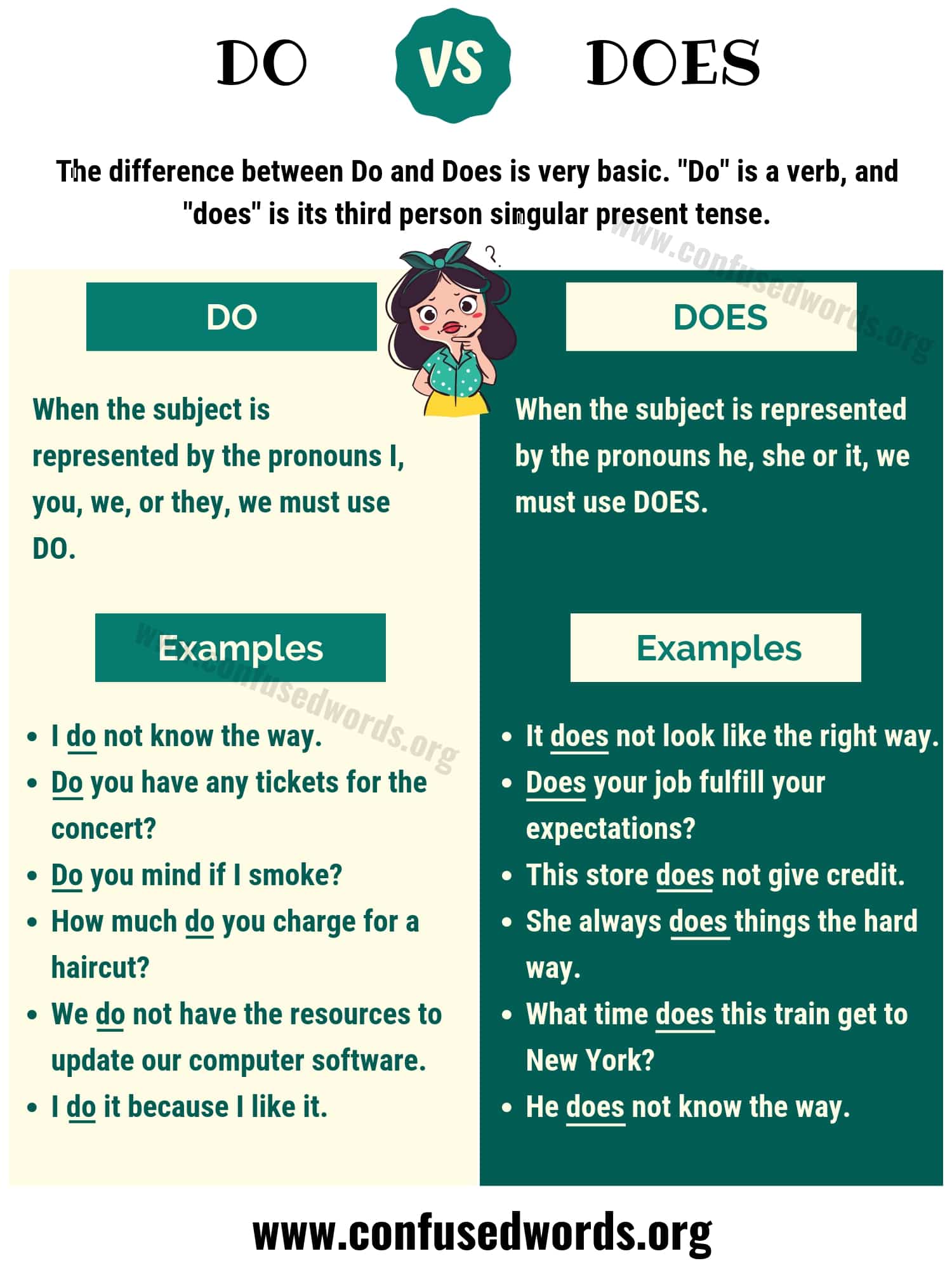Understanding Your Health Insurance Rights While on Long-Term Disability
Introduction: Navigating Health Insurance During Long-Term Disability
If you’re facing a significant illness or injury that keeps you out of work, understanding what happens to your employer-provided health insurance is crucial. When you transition to long-term disability (LTD), the rules about your health coverage shift-and not always in your favor. This article explains when and how your employer can cancel your health insurance, the legal protections in place, and actionable steps to maintain coverage during your LTD period.
Can Your Employer Cancel Your Health Insurance While on Long-Term Disability?
Employers in the United States are generally not legally required to continue your workplace health insurance after your protected leave period ends. If you remain unable to work after taking long-term disability, your employer can often terminate your employment and, consequently, cancel your health insurance coverage. The precise timing depends on company policy, the length of your disability, and applicable federal and state laws [1] .
Protected Leave Periods: FMLA and State Laws
Under the Family and Medical Leave Act (FMLA), eligible employees may take up to 12 weeks of unpaid leave per year for serious health conditions without losing their jobs or group health insurance. During this period, your employer must maintain your health coverage as if you were actively working, though you’re usually responsible for your share of premiums [1] . Once this protected period ends, your employer is permitted to terminate your employment if you remain unable to return to work, which typically results in the loss of health insurance coverage.
Company Policy and Disability Plan Terms
Some employers offer extended leave or disability accommodations beyond FMLA, but this is not mandated by federal law. Check your employee handbook or contact your HR department for your company’s specific policies. If your disability plan is employer-funded, benefits may end upon employment termination, depending on plan rules [3] .
Legal Protections and Exceptions
Certain legal protections may apply to your situation. The Americans with Disabilities Act (ADA) requires employers to provide reasonable accommodations, but this does not guarantee indefinite job or benefit retention. Section 510 of the Employee Retirement Income Security Act (ERISA) makes it illegal for an employer to terminate you specifically to prevent you from obtaining benefits. If you suspect this, consult an employment attorney or government agency [3] .
COBRA: Temporary Continuation of Coverage
If your employment-and health insurance-ends due to long-term disability, you may qualify for COBRA (Consolidated Omnibus Budget Reconciliation Act) coverage. COBRA allows you to continue your group health insurance for up to 18 months (sometimes longer under special circumstances), but you must pay the full premium plus up to 2% in administrative fees. This can be expensive, as you no longer receive an employer subsidy [2] .
Here’s what typically happens:
- Your employer notifies the health plan administrator within 30 days of your job loss or qualifying event.
- You receive a COBRA election notice within 14 days.
- You have 60 days to decide whether to enroll in COBRA.
COBRA is a useful stopgap but may not be sustainable long-term for those on fixed incomes due to disability. Carefully review premium costs and compare other options before enrolling.
Alternative Health Insurance Options
If COBRA coverage is not financially viable or has expired, consider these alternatives:
Marketplace Health Insurance (ACA Plans)
You can apply for a health insurance plan through the Health Insurance Marketplace (operated under the Affordable Care Act). Losing employer coverage is a qualifying event permitting you to enroll outside the annual open enrollment period. Depending on your income, you may qualify for subsidies to reduce premium costs. To get started, visit the official Marketplace at HealthCare.gov or your state’s health insurance exchange [2] .
Medicaid
If your income drops significantly after transitioning to long-term disability, you may be eligible for Medicaid-a state-run insurance program for low-income individuals. Each state has different eligibility rules. To determine your eligibility, contact your state’s Medicaid office or search for “[Your State] Medicaid application” on a trusted search engine [2] .
Medicare
If you have been approved for Social Security Disability Insurance (SSDI), you will qualify for Medicare after a 24-month waiting period. Medicare provides comprehensive coverage but may require separate enrollment in prescription drug (Part D) or supplemental (Medigap) plans. To apply or learn more, visit the official Medicare website at Medicare.gov .

Source: envocabulary.com
Step-by-Step Guidance: Protecting Your Health Insurance
Step 1: Review Your Employer’s Policies Contact your Human Resources department to request a copy of your company’s leave-of-absence and health insurance continuation policies. Ask how long your health coverage will remain active while on long-term disability and when employment termination may occur.
Step 2: Track Your FMLA and Protected Leave Periods Keep detailed records of your FMLA leave and any additional protections under state law. Mark your calendar for when these periods end, as this is often when your employer’s obligation to maintain your health insurance ends.
Step 3: Prepare for COBRA or Alternative Coverage If you anticipate losing your employer health plan, research COBRA costs in advance. When you receive your COBRA election notice, review the details promptly and compare them against other insurance options such as ACA Marketplace plans, Medicaid, or Medicare.

Source: dreamstime.com
Step 4: Evaluate and Apply for Other Insurance If COBRA is unaffordable, immediately investigate Marketplace plans or Medicaid eligibility. The sooner you apply, the less likely you are to experience a gap in coverage. Use the official HealthCare.gov portal, state Medicaid websites, or call the relevant customer service lines for support.
Step 5: Seek Professional Advice if Needed If you feel your rights have been violated or you are facing sudden loss of insurance without proper notice, contact an employment attorney or seek help from your state’s Department of Insurance or Department of Labor. They can clarify your options and may intervene if your employer’s actions are unlawful.
Real-World Examples
Consider the example of a worker who suffers a disabling injury and goes on FMLA leave. During the first 12 weeks, their employer continues health insurance. When the employee remains unable to return, the employer, after following all applicable laws and policies, terminates the position and notifies the employee of COBRA eligibility. The employee, facing high COBRA premiums, applies for a subsidized ACA plan and Medicaid to compare options.
In another scenario, an employee qualifies for Social Security Disability Insurance and, after two years, transitions to Medicare coverage, ensuring uninterrupted access to healthcare.
Potential Challenges and Solutions
Maintaining health insurance during long-term disability can be difficult due to high costs, limited options, and complicated eligibility rules. Common challenges include:
- Affording COBRA premiums without employment income.
- Navigating complex application processes for Medicaid or Marketplace plans.
- Managing coverage gaps during transitions between plans.
Solutions include acting quickly when you receive a COBRA notice, seeking help from insurance navigators or disability advocates, and exploring all available public and private insurance resources. If in doubt, consult official agency websites or call customer service representatives for step-by-step assistance.
Alternative Pathways and Considerations
Some employees may have access to coverage through a spouse or domestic partner’s employer plan. Others may qualify for veterans’ health benefits or specialized state programs. Always review every available resource, and don’t hesitate to seek help from a licensed insurance broker or legal advisor.
Summary and Key Takeaways
Your employer can typically cancel your health insurance while you’re on long-term disability, especially after protected leave periods expire. However, you have legal rights and several options to maintain coverage. Act promptly, stay informed about your employer’s policies, and explore COBRA, ACA plans, Medicaid, or Medicare to protect your health during this challenging time. For personalized advice, reach out to official government agencies or seek legal counsel if you suspect your rights are being violated.
References
MORE FROM 9scholarships.de













